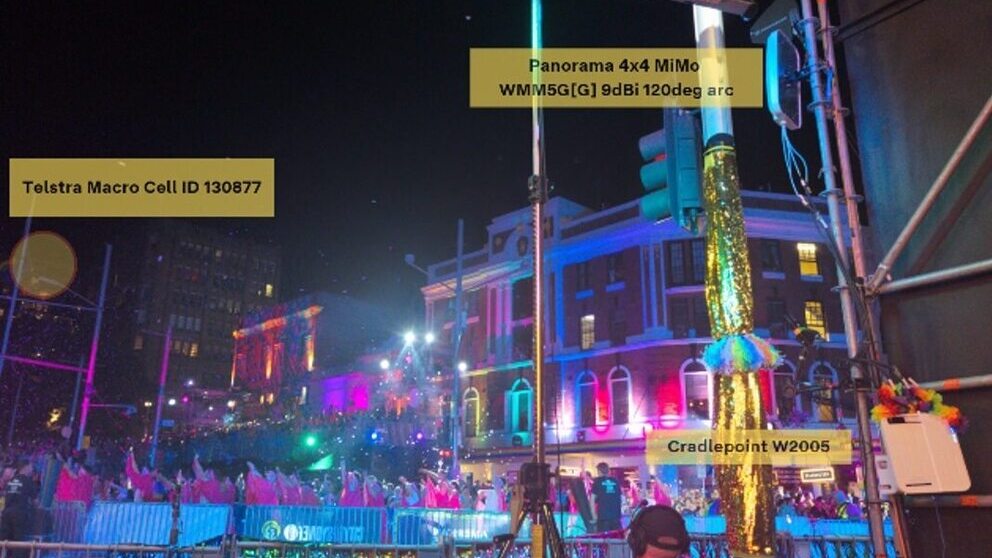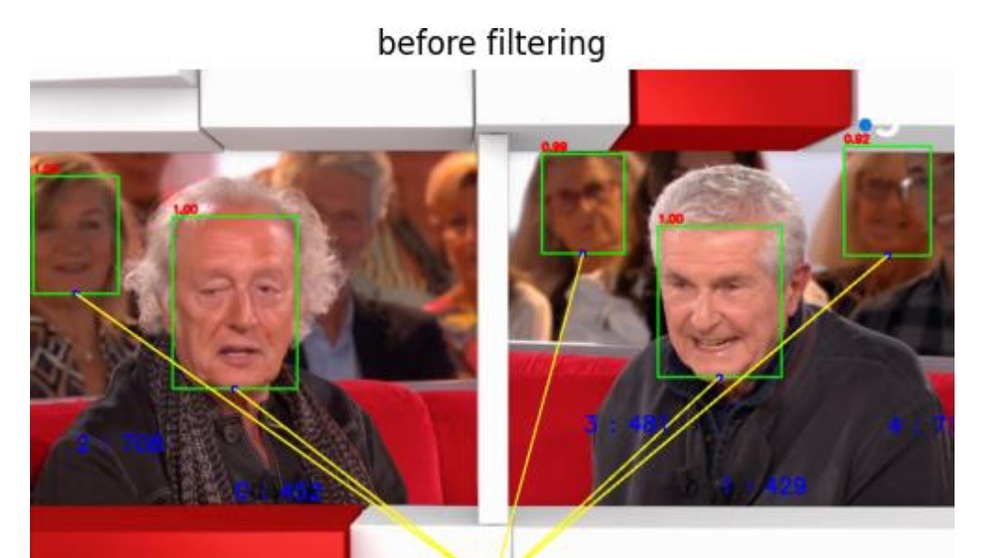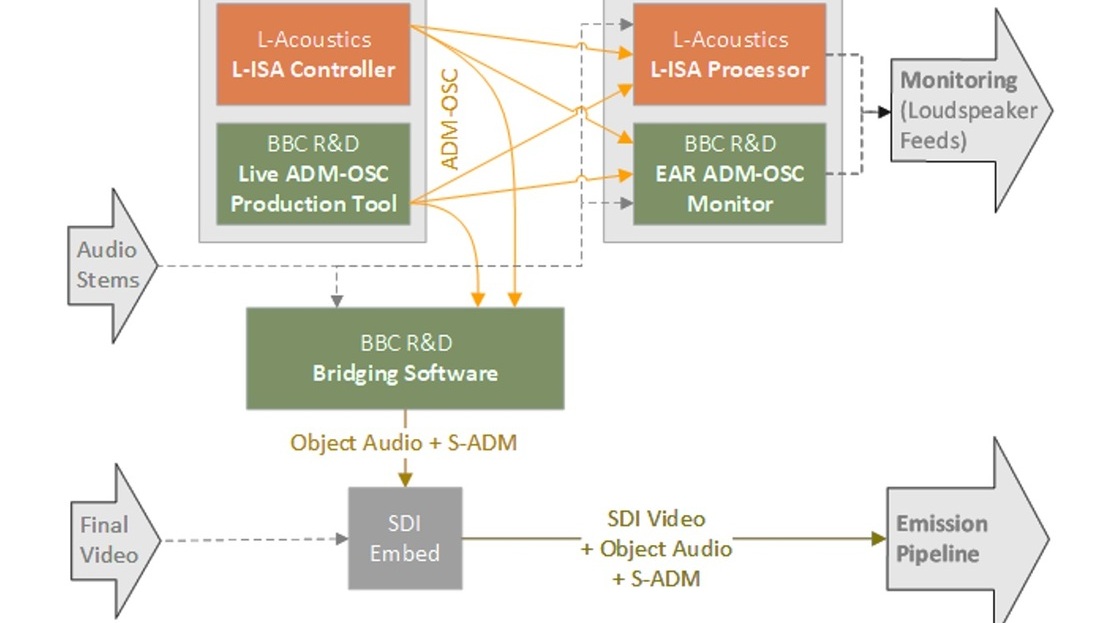This paper summarises findings from public trials that assess the impact of content credentials on audience trust in news media.
Disinformation is a threat to the healthy functioning of democratic society. The advent of Generative AI technology means it is even easier for anyone to create false or misleading information and distribute it at scale making it almost impossible for people to trust anything they see online. This is a problem for most news organisations whose audiences trust their output less and less each year. How can organisations rebuild a trusted relationship with their audiences and consumers empowered to make their own decisions about the accuracy and veracity of what they see online? Content credentials may be one solution. This technical standard exposes the origin and provenance of media, showing users exactly who published a piece of content and how it was made.
This paper reviews...
You are not signed in.
Only registered users can view this article.

IET announce Best of IBC Technical Papers
The IET have announced the publication of The best of IET and IBC 2024 from IBC2024, once again showcasing the groundbreaking research presented through the papers. The papers have been selected by IBC’s Technical Papers Committee for being novel, topical, analytical and well-written and which have the potential to make a significant impact upon the media industry. 327 papers were submitted this year, and after a rigorous selection process this publication features the ten papers deemed by the judges to be the best.

Technical Papers 2024 Session: 5G Case Studies – public network slicing trials and striving for low latency
In this session from IBC2024, Telestra Broadcast Service and the BBC present their work 5G Case Studies as part of the IBC Technical Papers.

Technical Papers 2024 Session: AI in Production – training and targeting
In this session from IBC2024, three authors from NHK, Viaccess-Orca and European Broadcasting Union present their work on the application of AI to media production as part of the IBC Technical Papers.

Technical Papers 2024: Audio & Speech – advances in production
In this session from IBC2024, two authors present their work on Audio Description and implementing Audio Definition Model as part of the IBC Technical Papers.

Technical Papers 2024 Session: Advances in Video Coding – encoder optimisations and film grain
In this session from IBC2024, IMAX, MediaKind, Fraunhofer HHI and Ericsson present their work on video coding, as part of the IBC Technical Papers
